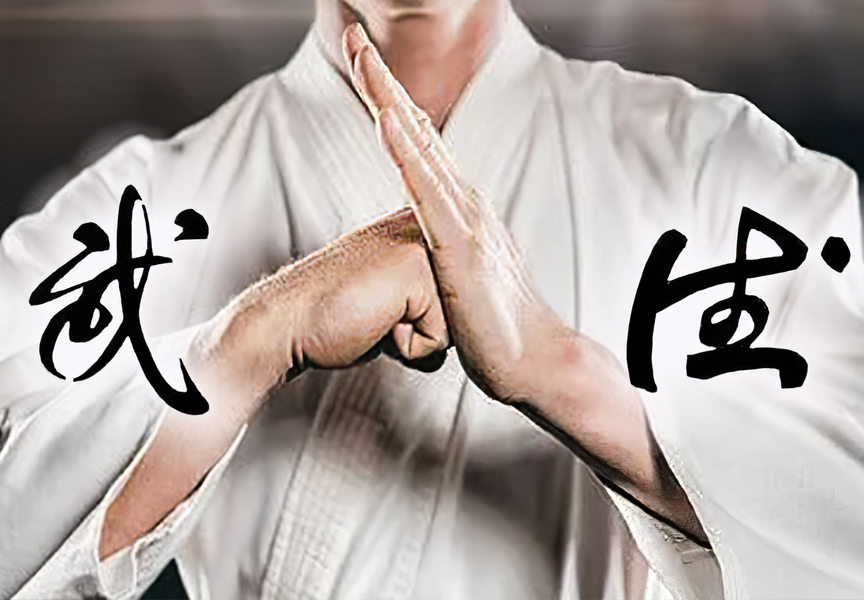Random Free Articles
- Fenjie in Chinese Martial Arts
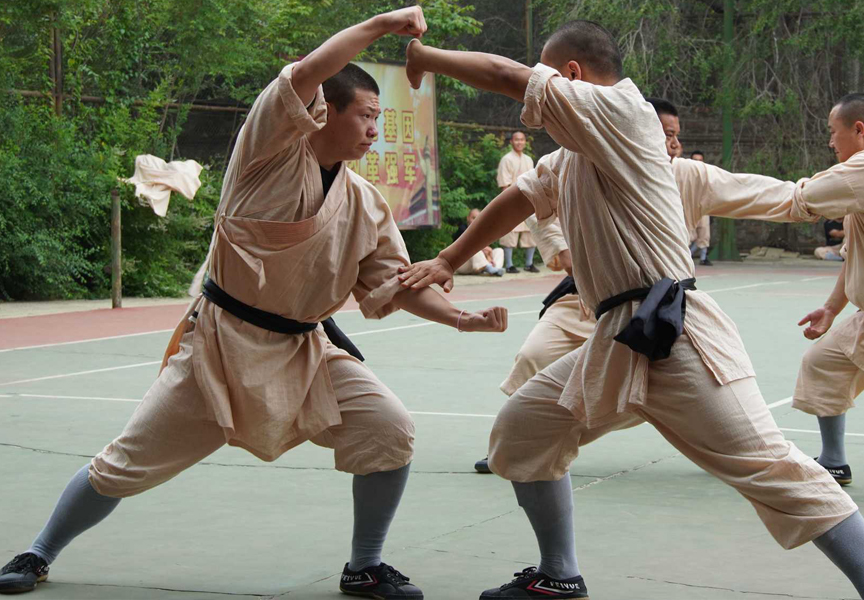
Dissecting Forms for Combat Mastery In the vast realm of Chinese martial arts, the term Fenjie, which translates to analysis or disassembly in English, holds significant importance. This concept is deeply embedded in the traditional practice of martial arts, especially when it comes to the study and application of various forms. Fenjie [Chin.: Fēnjiě 分解] involves the meticulous process of breaking down complex movements within a martial…
- The Rise of Pretenders
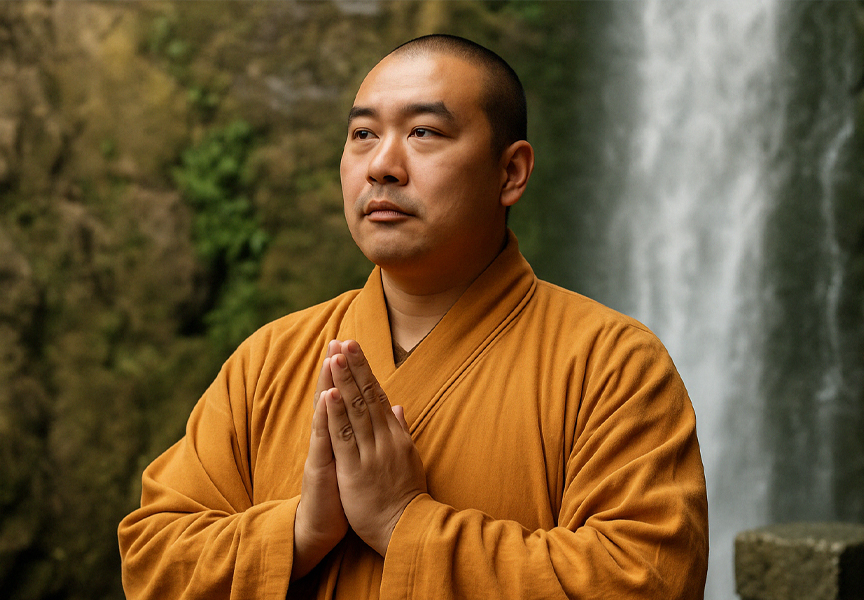
Over the past few decades, martial arts have exploded in popularity around the globe, bringing a wide range of fighting styles and philosophies to the forefront. Among the most celebrated is Chinese Shaolin Kung Fu—for its deep cultural roots, elegant movements, and philosophical depth. Yet as the art spreads beyond its native borders, a troubling trend has emerged in regions with limited access to authentic instruction: self-styled “Kung…
- Embracing Practicality Over Acrobatics

Shaolin Kung Fu, one of the world's most renowned martial arts, has long been associated with its spectacular and awe-inspiring demonstrations of agility, balance, and physical prowess. These displays often feature practitioners performing seemingly superhuman feats of acrobatics and flexibility. While such displays are undoubtedly impressive and entertaining, they can sometimes overshadow the true essence and purpose of Shaolin Kung Fu,…
- Martial Arts Training for Kids
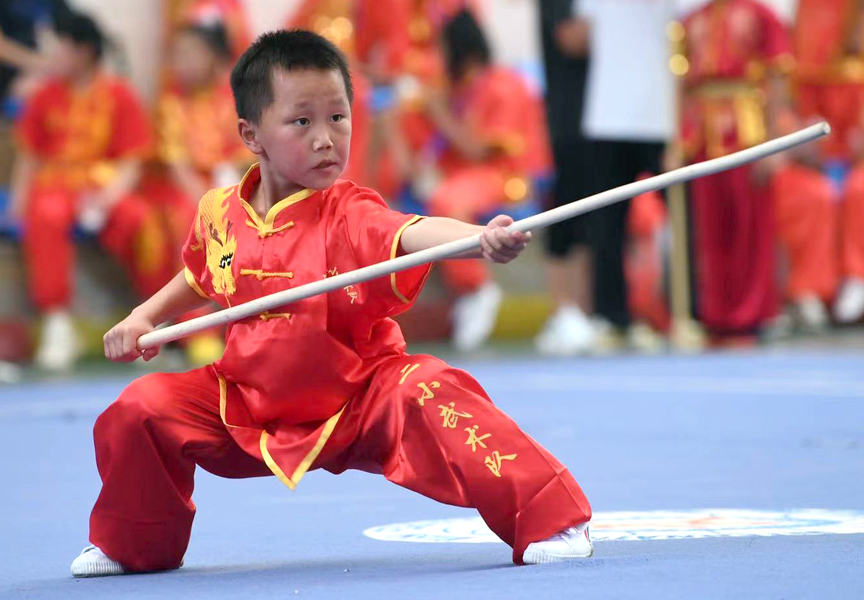
In the realm of extracurricular activities for children, the decision to enroll a child in martial arts training is often met with a range of opinions among parents. Concerns about violence, conflicting desires for athletic prowess versus discipline and values, and uncertainty about the appropriateness of martial arts for kids are common factors influencing parental decisions. This article delves into the considerations surrounding martial…
- Martial Arts Compulsory in Educational Institutions for a Healthier Society
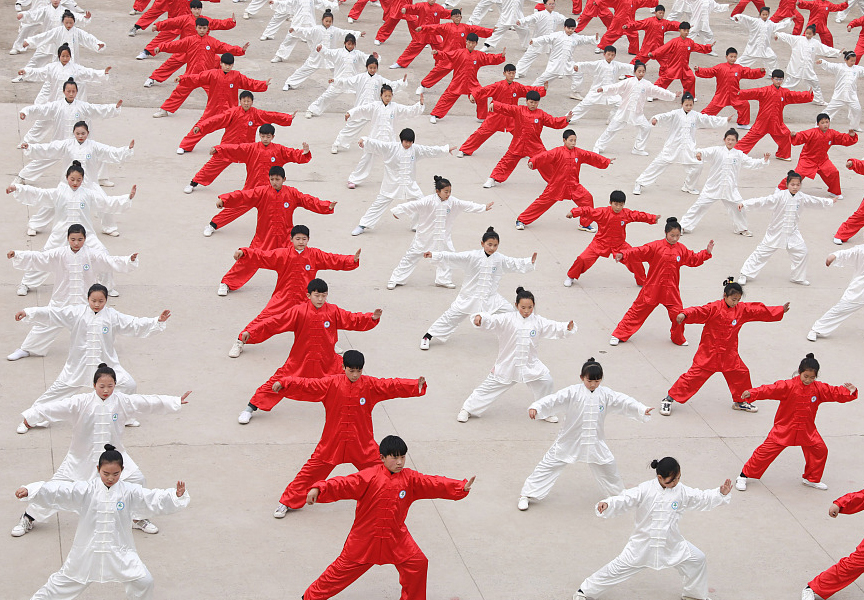
Martial Arts Compulsory in Educational Institutions for a Healthier Society In today's fast-paced and increasingly sedentary world, the importance of physical activity cannot be overstated. Sedentary lifestyles contribute to a myriad of health issues, ranging from obesity to cardiovascular diseases. As societies grapple with these challenges, it becomes imperative to explore innovative solutions to promote physical well-being. One such…

